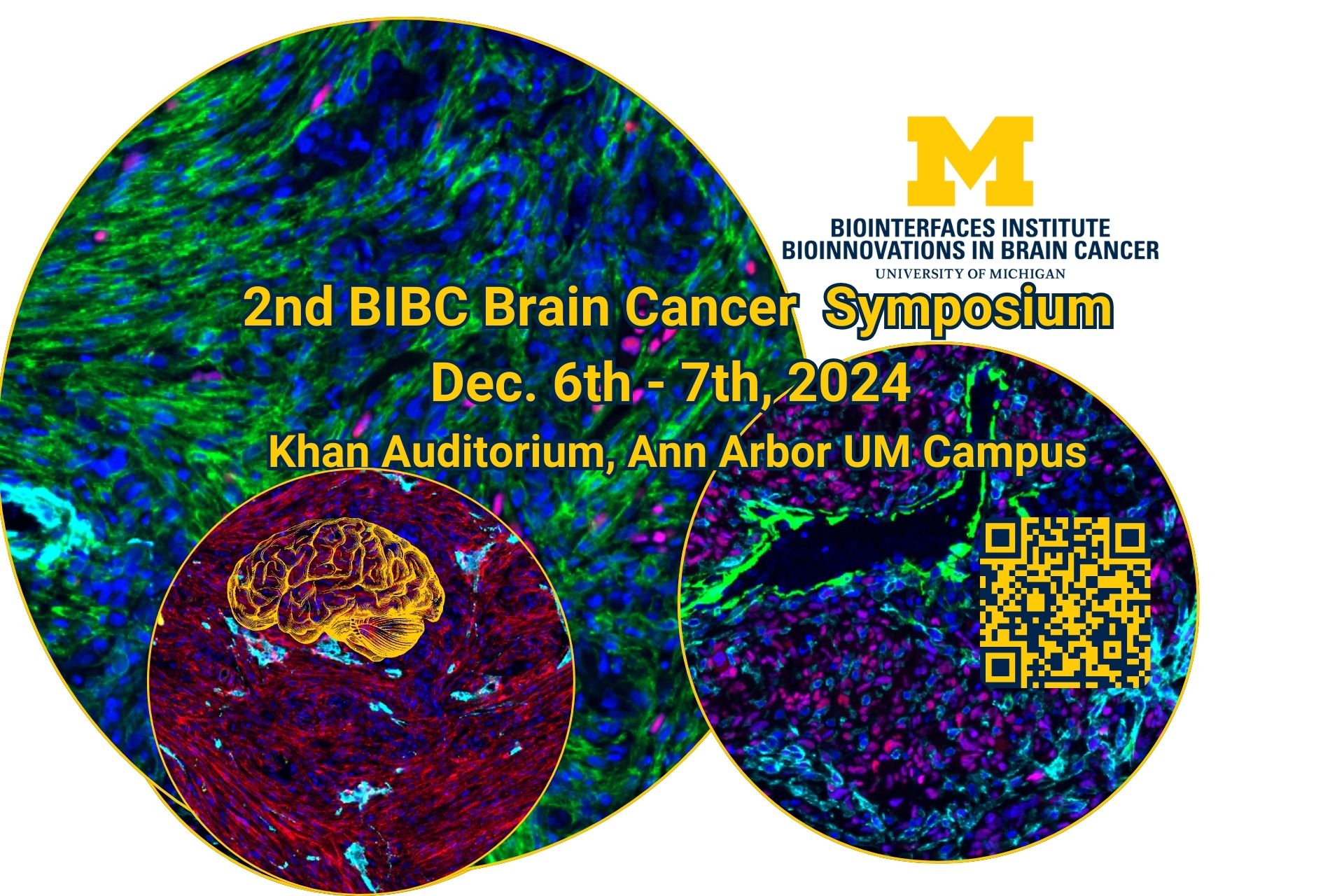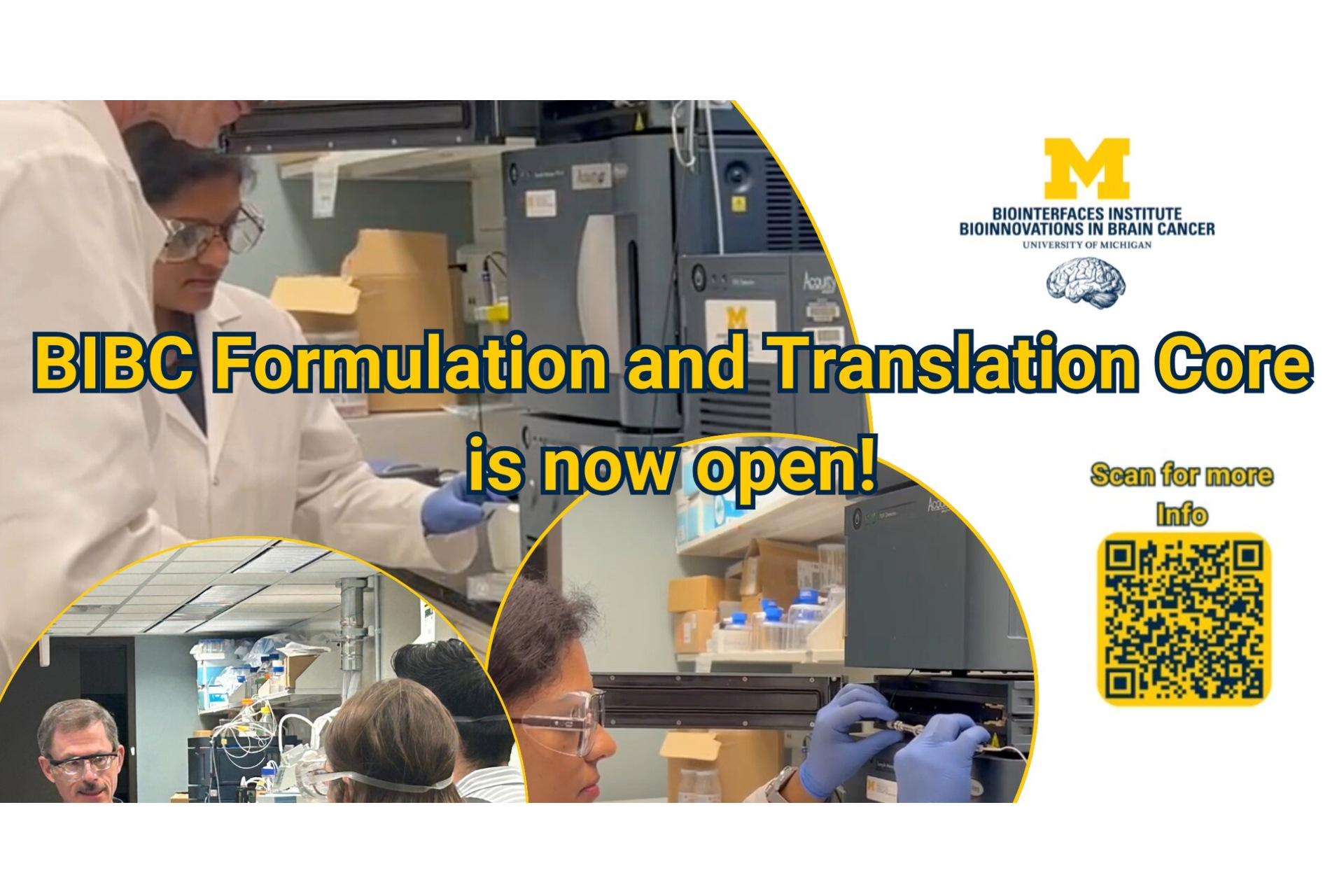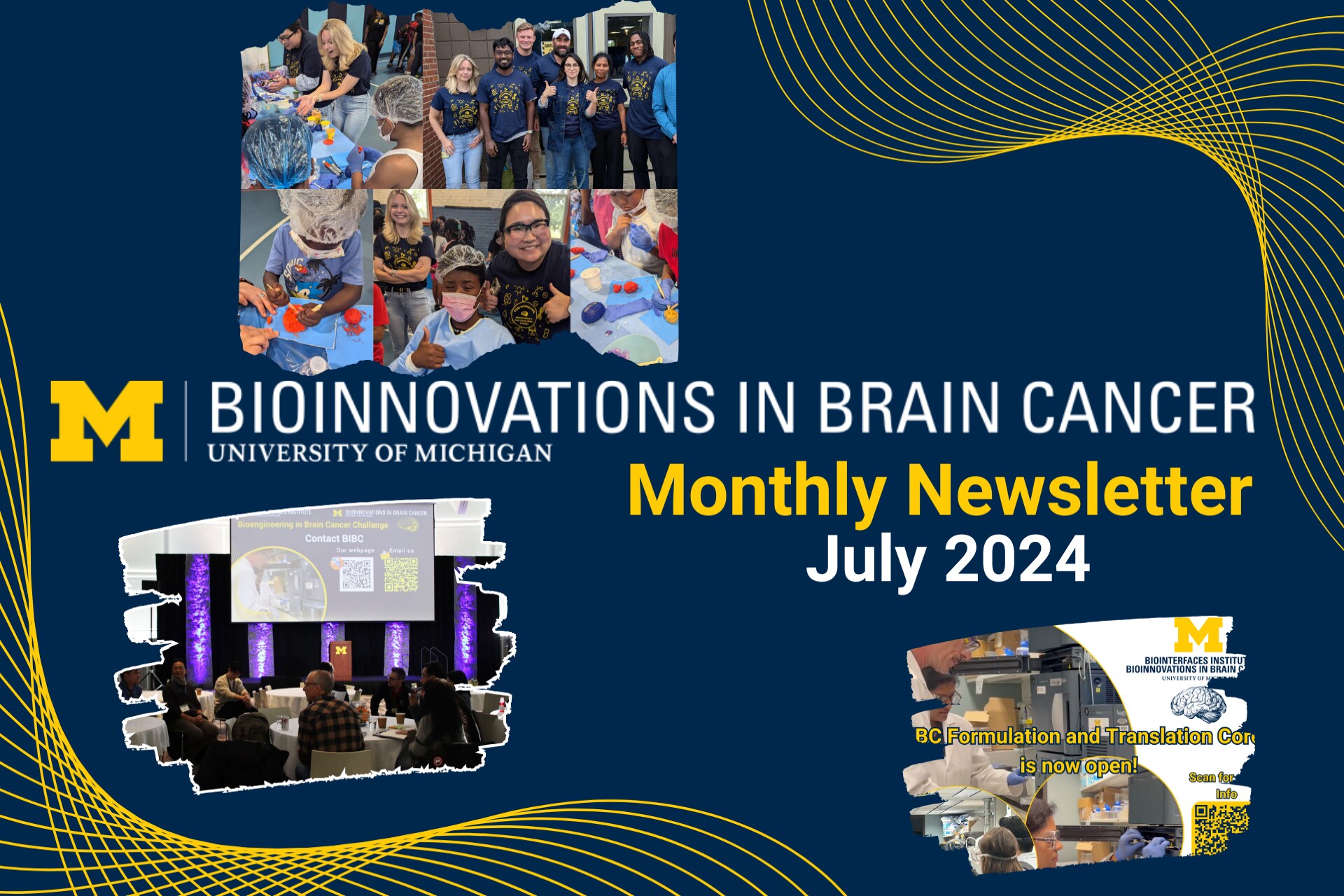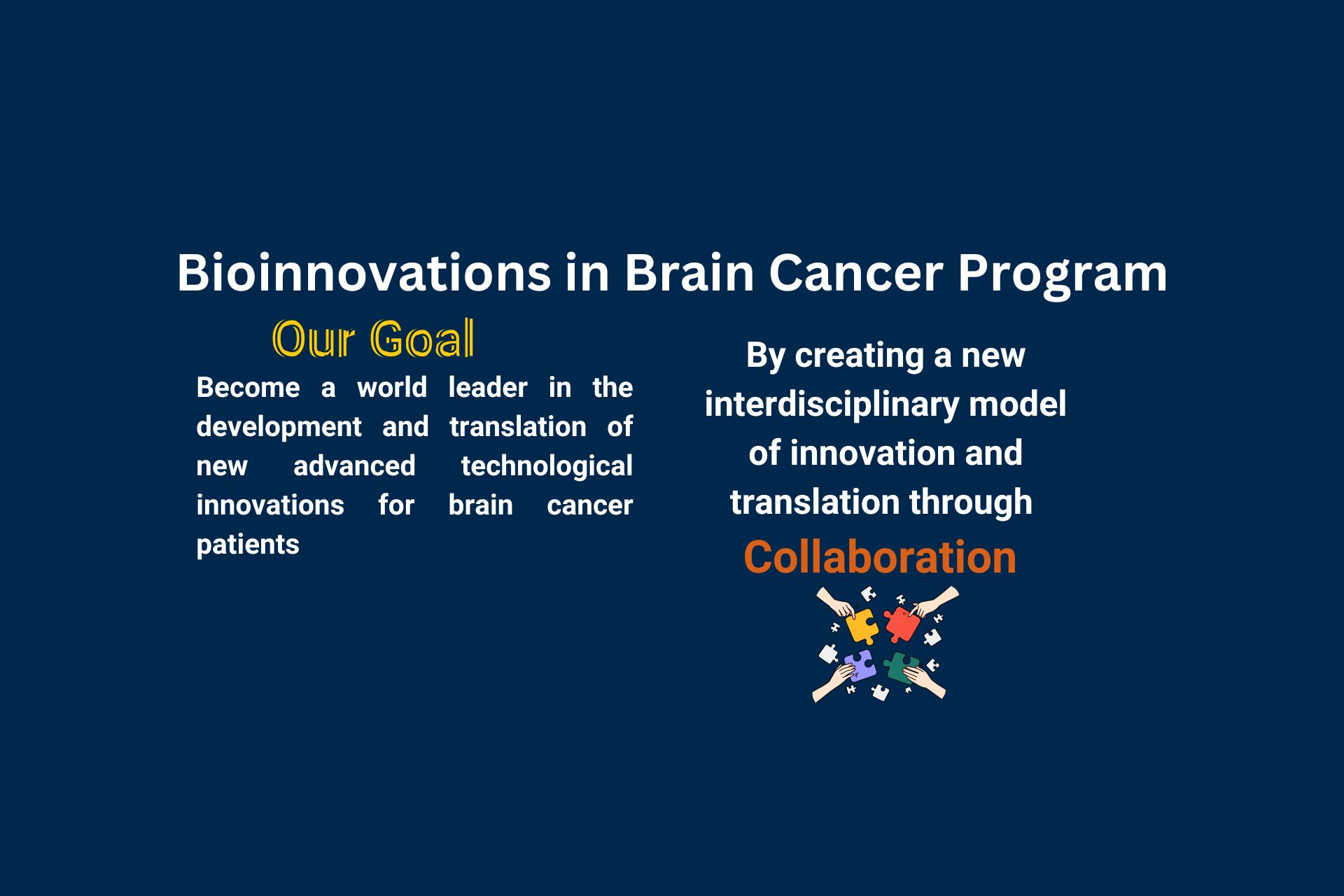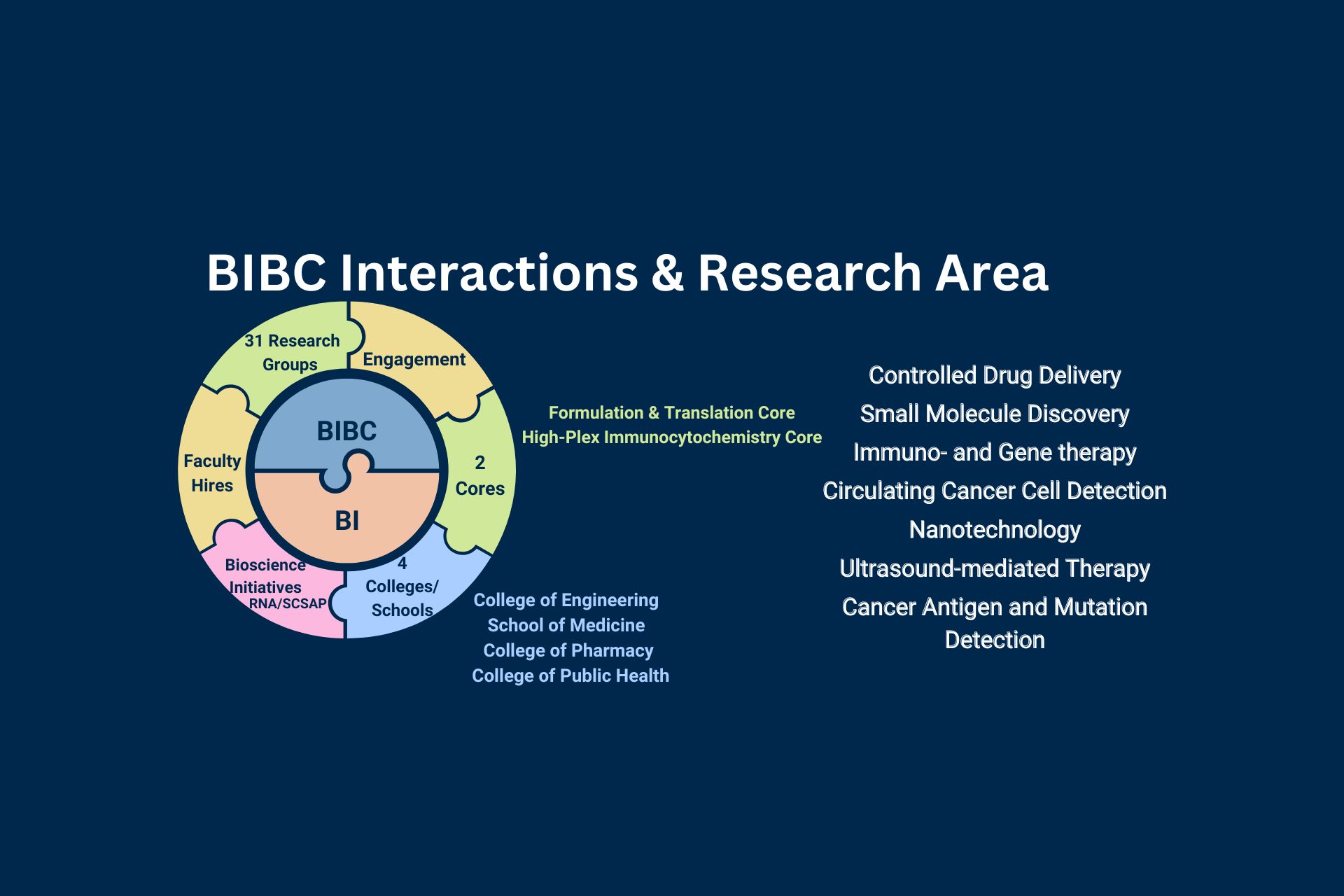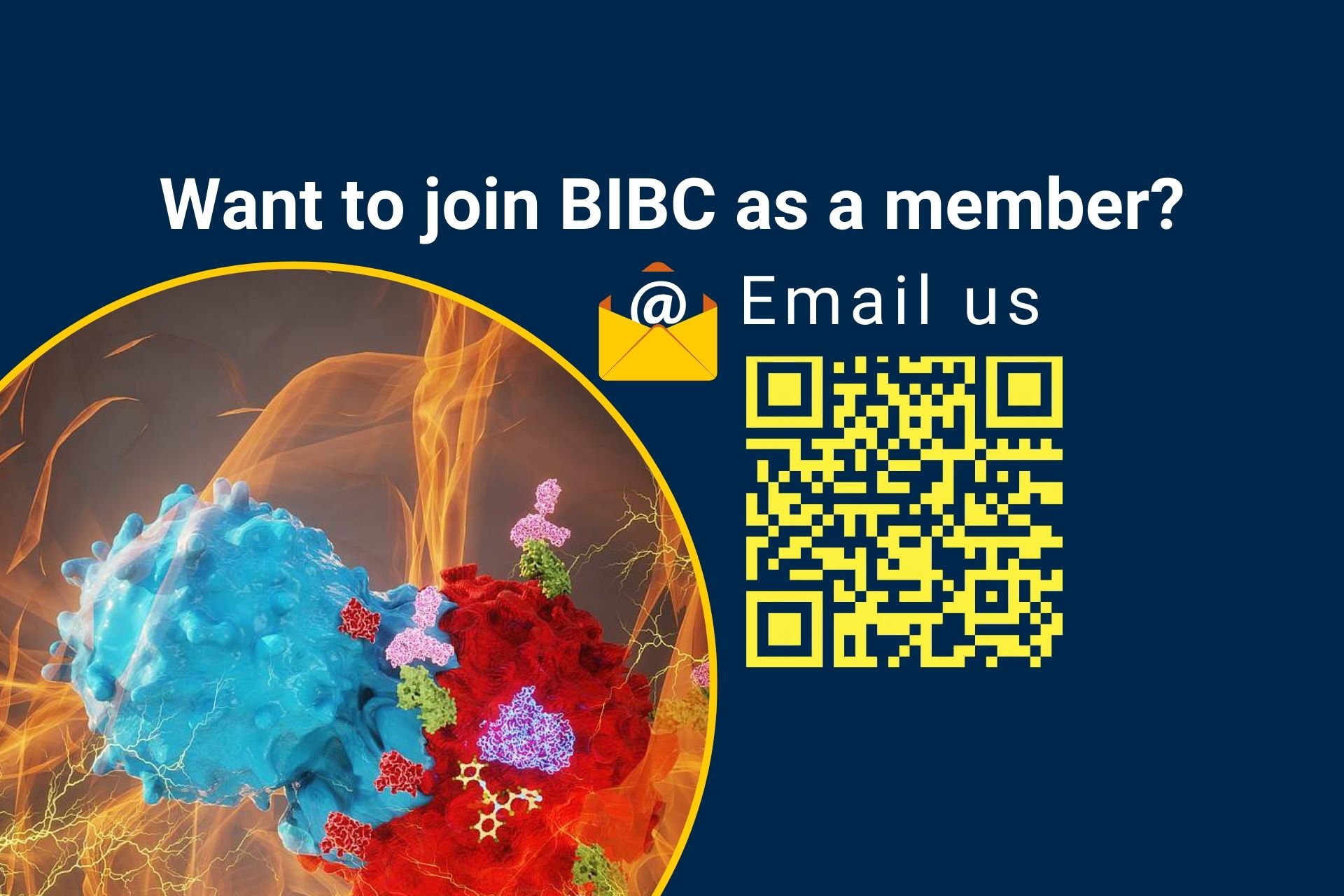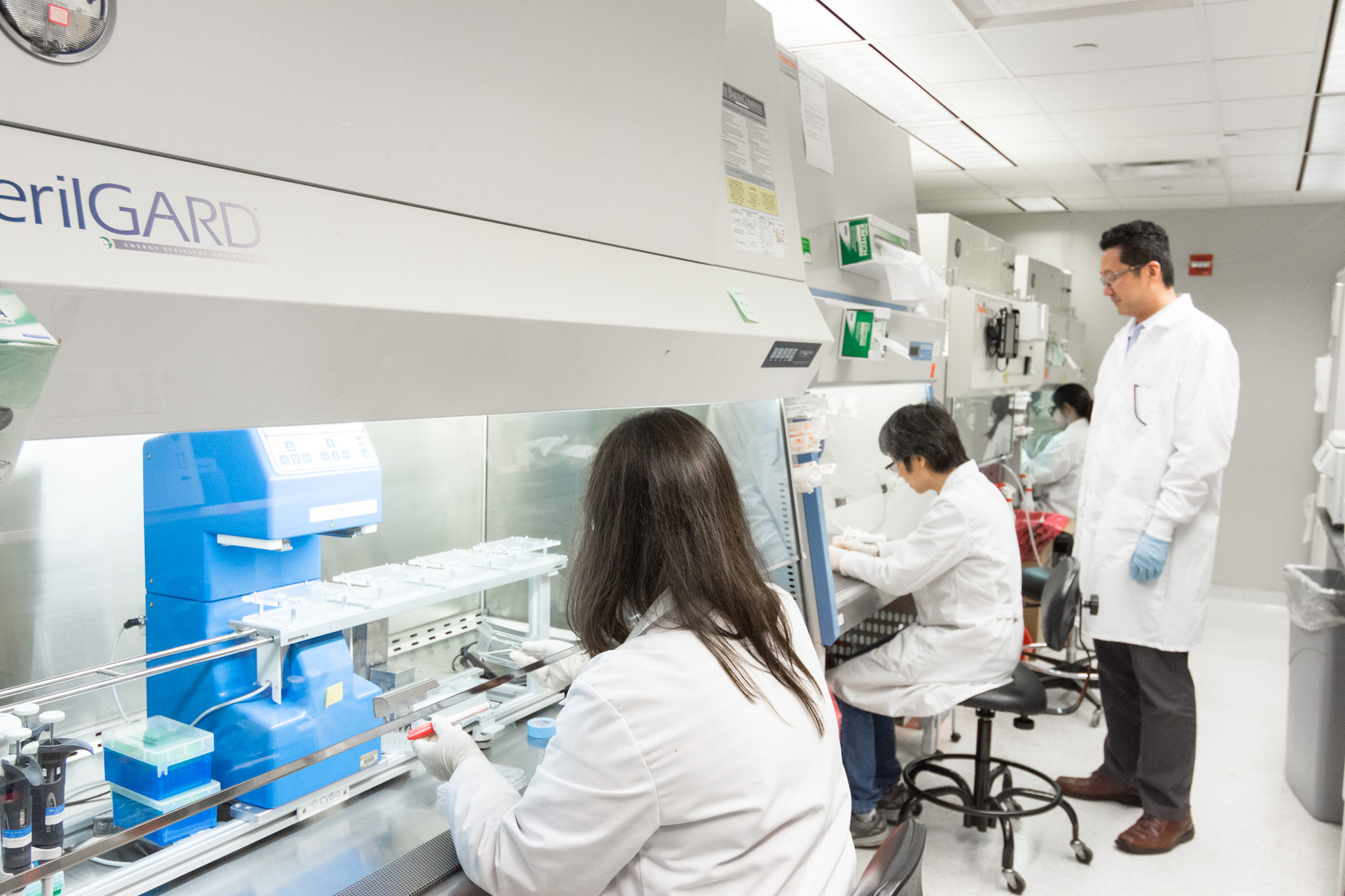In order to efficiently solve long-standing problems in biomedicine, not only do the existing paradigms of science need to be challenged, but so do the paradigms of how scientists are assembled and brought in to share and contribute their ideas and talent.
Dismal Prognosis in Brain Cancer
Gliomas are the most prevalent primary brain cancers in adults. Glioblastoma multiforme (GBM) is specifically a devastating disease with a poor prognosis. It is classified as a WHO grade IV tumor, accounting for 82% of all malignant gliomas. There have been many attempts to overcome the challenges of GBM therapy, yet the median survival has only increased 12 months over the last 80 years. Our vision is to challenge the existing paradigms of brain cancer research; and to bring cutting-edge technologies to the clinic that can provide novel, improved treatment modalities for brain cancer patients.
BioInnovations in Brain Cancer Initiative
The BioInnovations in Brain Cancer (BIBC) initiative, aims to adopt a transformative approach, rooted in interdisciplinary ideation and collaboration between technologists, brain cancer experts and clinicians, to drive innovation and translation that will deliver technological breakthroughs and a real impact on brain cancer patients’ lives.
We will leverage the existing interdisciplinary research ecosystem of the Biointerfaces Institute at the North Campus Research Complex and funding from the Biosciences Initiative, a campus-wide presidential project that was launched in 2015 to add thirty new faculty positions and allocate $150 million to catalyze research in the biological sciences at U-M.
Our goal is to expand our scientific excellence and embolden our community of scholars to tackle this devastating disease by providing a framework that is bolstered by state-of-the-art research infrastructure and an expansive range of scientific and community-building activities.
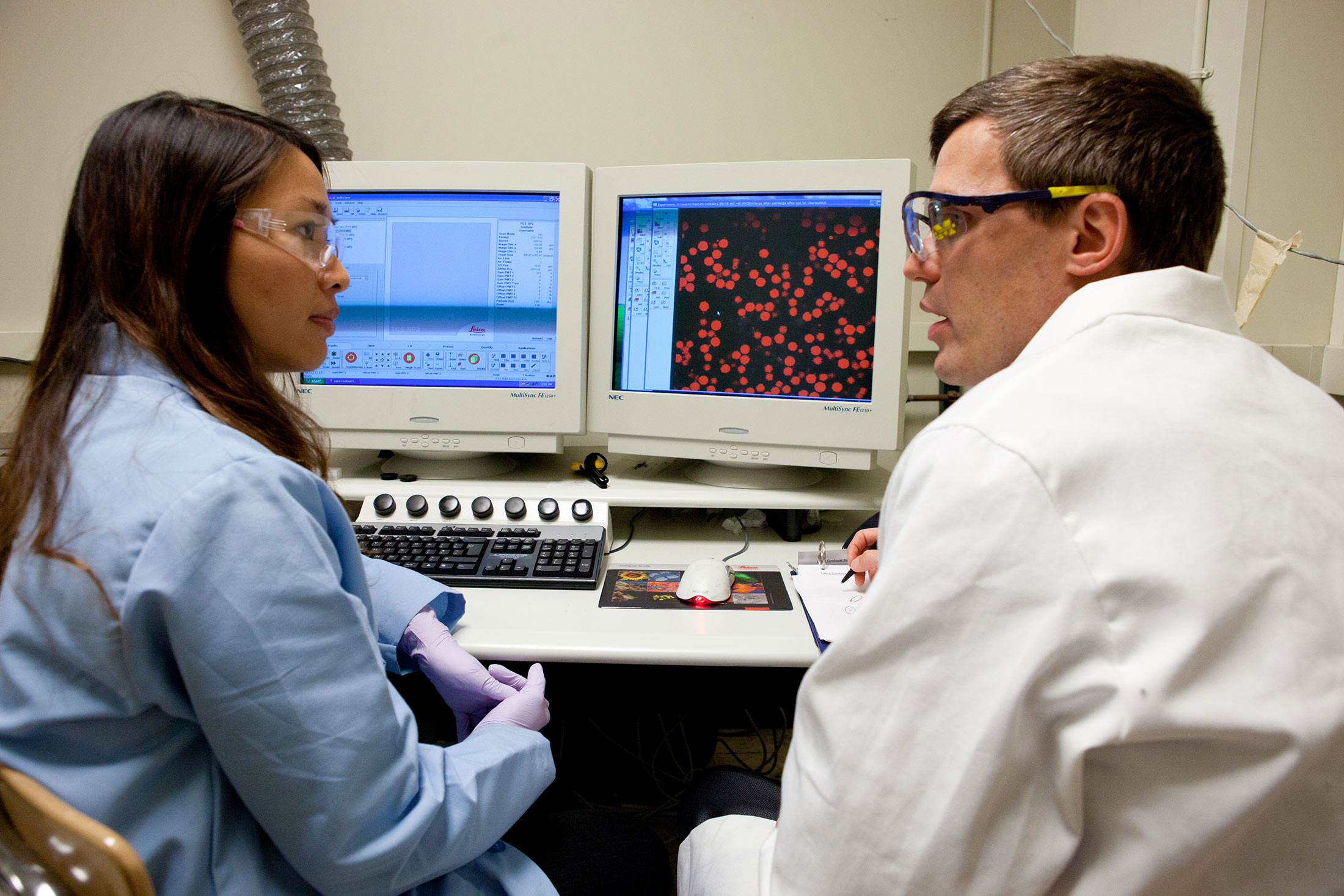
Led by co-directors, Maria Castro and Steve Schwendeman, this initiative nucleated at a Biointerfaces Institute Challenge workshop in 2013. Our team represents an interdisciplinary group of technologists and brain cancer experts who are actively collaborating on multiple research projects and have successfully translated new promising technologies to clinical studies to treat brain cancer patients.
Meet Our Team
Multi-unit partnership and collaboration is at the heart of the BIBC Initiative. Since the formation and seed funding of the BIBC team at the Biointerfaces Challenge in 2013, the team has actively been engaged in multiple successful collaborations and externally funded grants. In 2018, the BIBC team was awarded a scientific research initiative award under the Presidential Biosciences Initiative.
The BioInnovations in Brain Cancer Initiative is administered by the Biointerfaces Institute and leverages funding and support from the Biosciences Initiative, College of Engineering, College of Pharmacy, Rogel Cancer Center, School of Medicine, and Office of Technology Transfer.
We plan to leverage the incredible institutional infrastructure that already exists within the Biointerfaces Institute in order to bring together and focus a large group of technologists and medical experts at the university, specifically on one of the most recalcitrant and devasting malignancies, brain cancer. Our approach is to do the following:
Build
A world-class scientific, clinical, and entrepreneurial team to create and execute solutions for brain cancer.
Innovate
New technologies to address key barriers to improving brain cancer outcomes and to make an impact on patients.
Augment
Infrastructure to accelerate technology development, validation and translation from bench to bedside.
